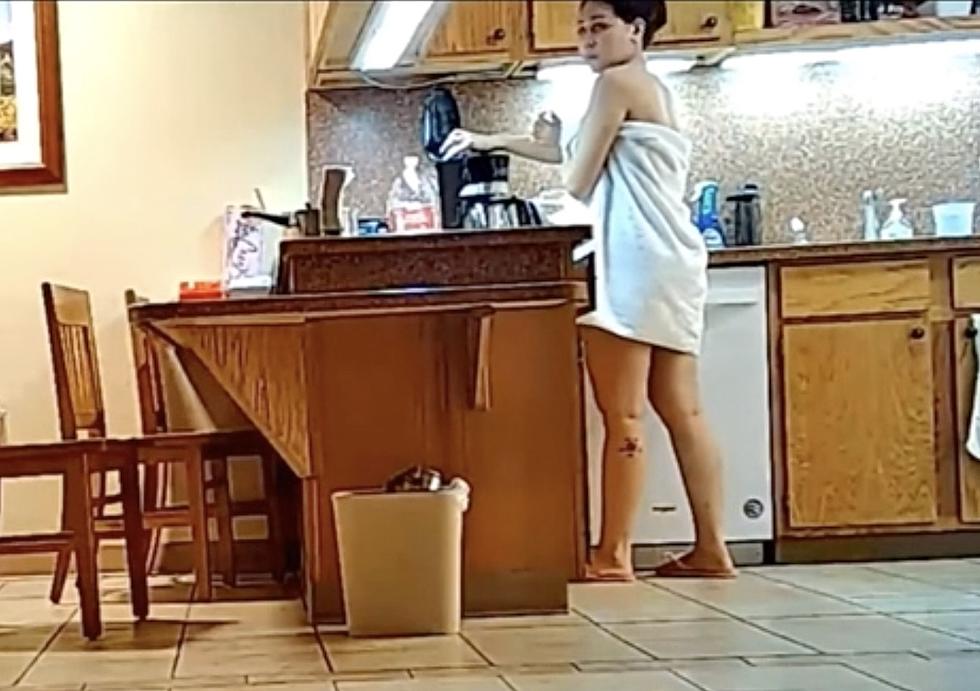
U.S. Airman Catches Wife Putting Bleach in His Coffee After Noticing It Tasted Weird
TUCSON, Ariz. (KPEL News) - A viral TikTok is making the rounds, showing the story of a U.S. airman catching his wife spiking his coffee with bleach.
In a story from earlier this year, airman Roby Johnson noticed that his coffee began tasting odd while he was stationed in Germany. He pretended to drink it for months while he and his wife lived there before they moved into permanent housing stateside.

While living in Arizona, Johnson set up cameras around his home in order to figure out what was going on.
According to the complaint, Roby said he bought chemical testing strips, the kind people use to test the chemical balance of a swimming pool. The results of those tests found high levels of chlorine in his morning cups of coffee.
That’s when he set up cameras to catch his wife in the act of poisoning his beverage.
Roby told investigators that he pretended to drink the coffee until last month when the family moved to the Davis-Monthan Air Force Base in Tucson, Arizona.
In Tucson, Roby took the camera footage to the police, where investigators indicated the video was not clear enough to show what was being poured into the coffee.
Melody Felicano Johnson, 39, was indicted in Pima County, Arizona, in July, charged with attempted first-degree homicide, attempted aggravated assault, and adding poison to food or drink.
Now, a TikTok showing the full story has begun going viral as folks become more aware of the story.
The whole saga is bizarre, though thankfully her attempts to kill her husband were unsuccessful.
The story received national coverage at the time, and was a viral sensation. The fact that it is making the rounds again is proof that some of these odd crimes never really leave the public's mind. The Internet is often obsessed with weird crime stories.
Here are some more crimes that have captured the public's imagination over the years.

